
November 11, 2016
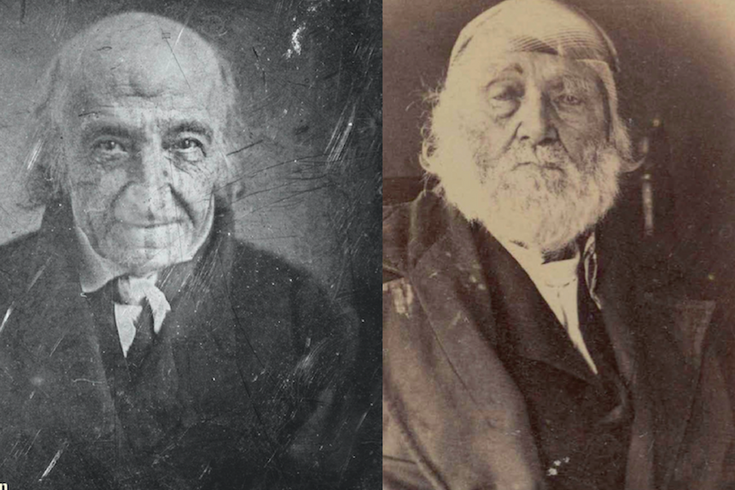 Courtesy of the Museum of the American Revolution/Library of Congress
Courtesy of the Museum of the American Revolution/Library of Congress
Many members of the Revolutionary generation survived into their 80s, 90s and even 100s – well into the age of photography.
Photos of Revolutionary War veterans? No, it's not a hoax.
While the American Revolution took place from 1765-1783 and photography wasn't invented until the 19th century, members of the Revolutionary War generation who survived into their 80s, 90s and even 100s (some of these guys look pretty good for 102) were alive for the age of photography.
When the Museum of the American Revolution opens next year in Philadelphia on April 19, it will feature a collection of photos of those who lived through the American Revolution.
Below is a sneak peek, provided by the museum and curated from the Library of Congress and other institutions, showing America's first veterans.
Two are local guys. One went on to serve three terms in the Pennsylvania House of Representatives after fighting in the war.
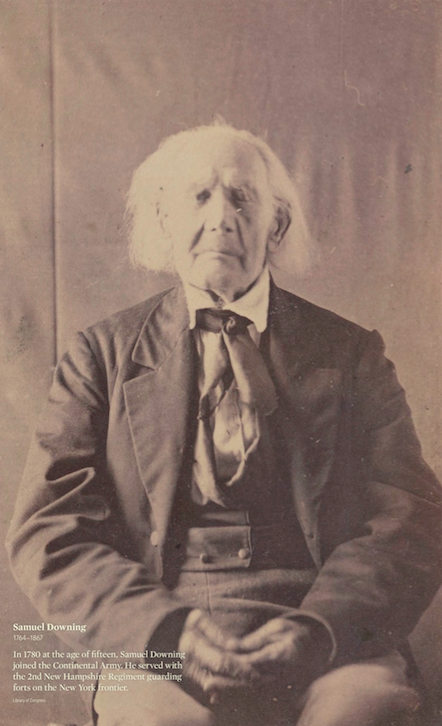 Courtesy of Museum of the American Revolution/Library of Congress
Courtesy of Museum of the American Revolution/Library of CongressIn 1780, at the age of 15, Samuel Downing joined the Continental Army. He served with the 2nd New Hampshire Regiment guarding forts on the New York frontier.
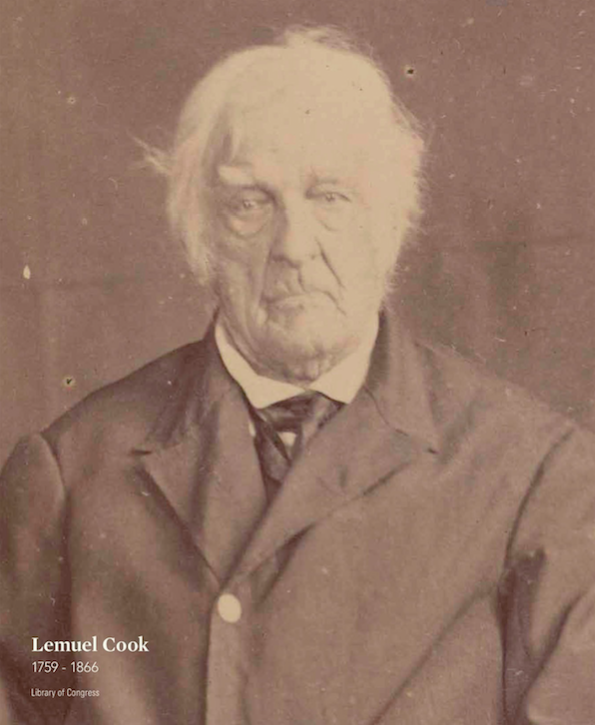 Courtesy of the Museum of the American Revolution/Library of Congress
Courtesy of the Museum of the American Revolution/Library of CongressLemuel Cook enlisted in 1781 when he was 16 years old. According to Cook, he served at the Battle of Brandywine, was present at the Surrender at Yorktown and was selected by Baron von Steuben to join the New York City campaign.
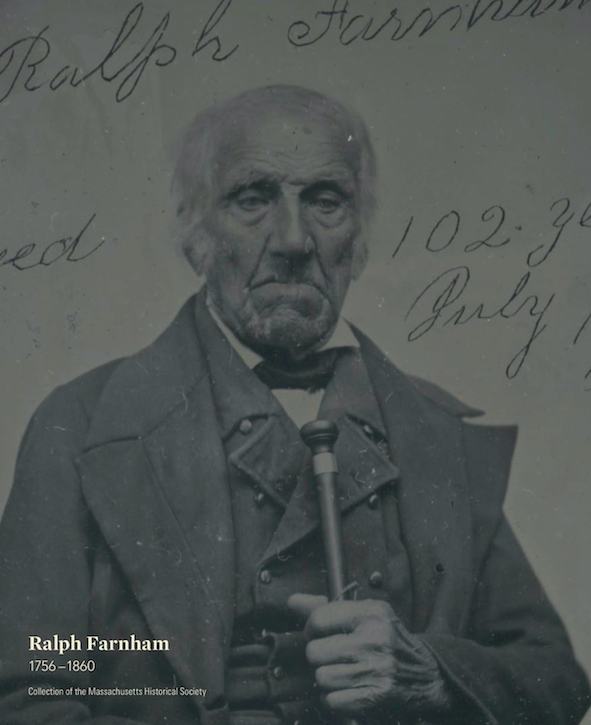 Courtesy of the Museum of the American Revolution/Collection of the Massachusetts Historical Society
Courtesy of the Museum of the American Revolution/Collection of the Massachusetts Historical Society102 years old when photographed, Farnham was a farmer from Maine who joined the Revolution in 1775. He was supposed to be at the Battle of Bunker Hill, but his colonel misunderstood the orders so Farnham and his compatriots arrived when the fighting was over and Americans were in retreat.
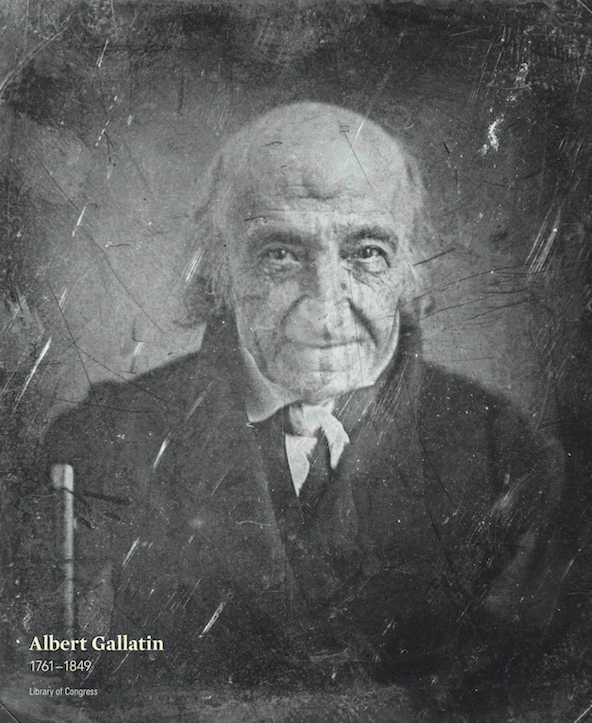 Courtesy of the Museum of the American Revolution/Library of Congress
Courtesy of the Museum of the American Revolution/Library of CongressBorn in Geneva, Switzerland, Gallatin served as a volunteer under Col. John Allan, commander of the fort of Machias in Maine, according to his obituary. He later served three terms in the Pennsylvania House of Representatives. He also became the Secretary of the Treasury, served as the U.S. Minister to France and helped to established New York University.
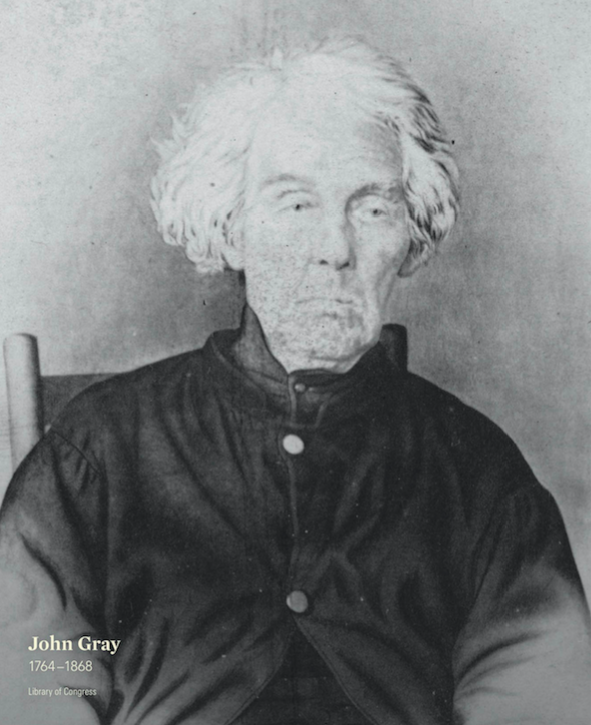 Courtesy of the Museum of the American Revolution/Library of Congress
Courtesy of the Museum of the American Revolution/Library of CongressBorn near George Washington’s estate at Mount Vernon, Gray joined the army at 17 and served at the Battle of Yorktown. According to his biographer, Gray claimed that he was one of Washington’s favorite soldiers.
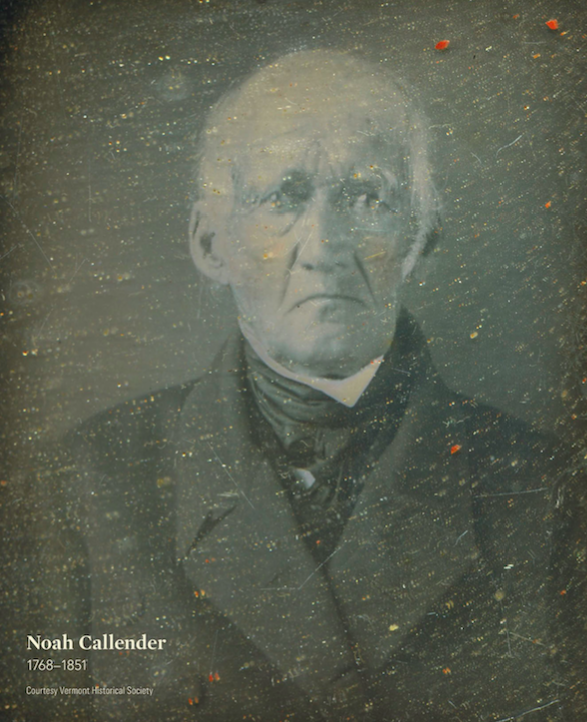 Courtesy of the Museum of the American Revolution/Vermont Historical Society
Courtesy of the Museum of the American Revolution/Vermont Historical SocietyCallender didn’t serve in the military, but as a child, he accompanied his father Amos Callender during an attack on Ticonderoga on May 10, 1775.
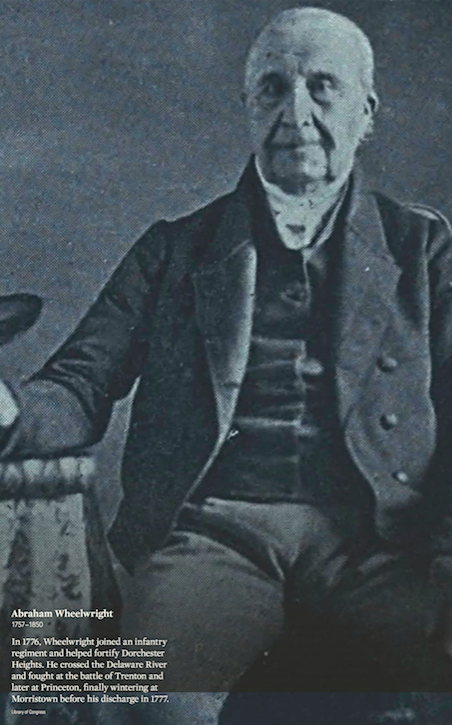 Courtesy of the Museum of the American Revolution/Library of Congress
Courtesy of the Museum of the American Revolution/Library of CongressIn 1776, Wheelwright joined an infantry regiment and helped fortify Dorchester Heights. He crossed the Delaware River and fought at the Battle of Trenton and later at Princeton, finally wintering at Morristown before his discharge in 1777.
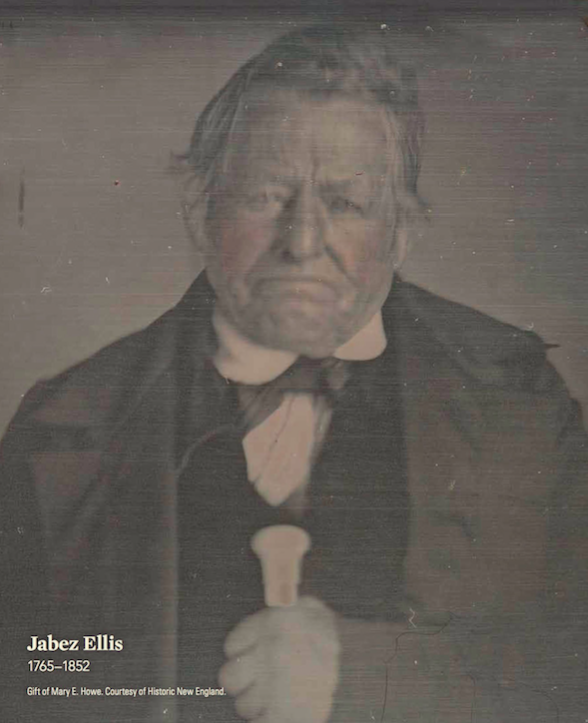 Courtesy of the Museum of the American Revolution/Gift of Mary E. Howe / Courtesy of Historic New England
Courtesy of the Museum of the American Revolution/Gift of Mary E. Howe / Courtesy of Historic New EnglandJabez Ellis served as a private from his home colony in Connecticut. He later became a prosperous businessman and philanthropist. He also served in the Vermont Legislature in 1815 and 1817.
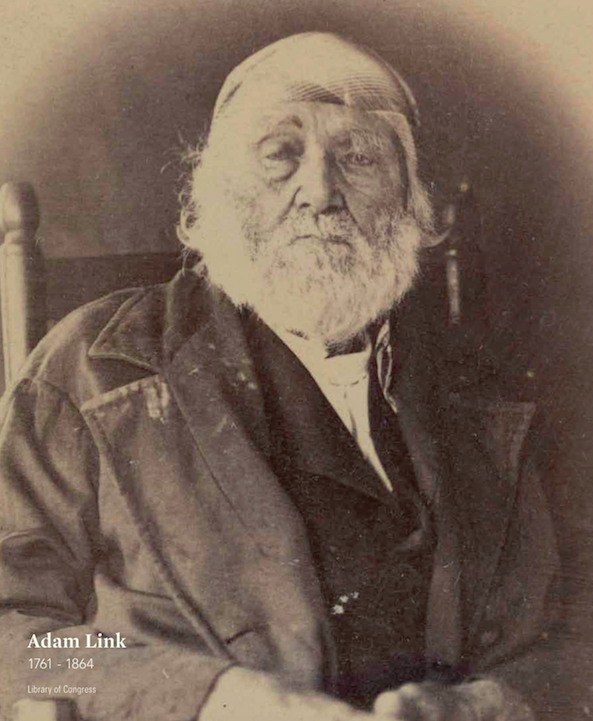 Courtesy of the Museum of the American Revolution/Library of Congress
Courtesy of the Museum of the American Revolution/Library of CongressAdam Link enlisted in 1777 at the age of 17, serving in a variety of Pennsylvania units. He later became a farmer and died at the age of 102.
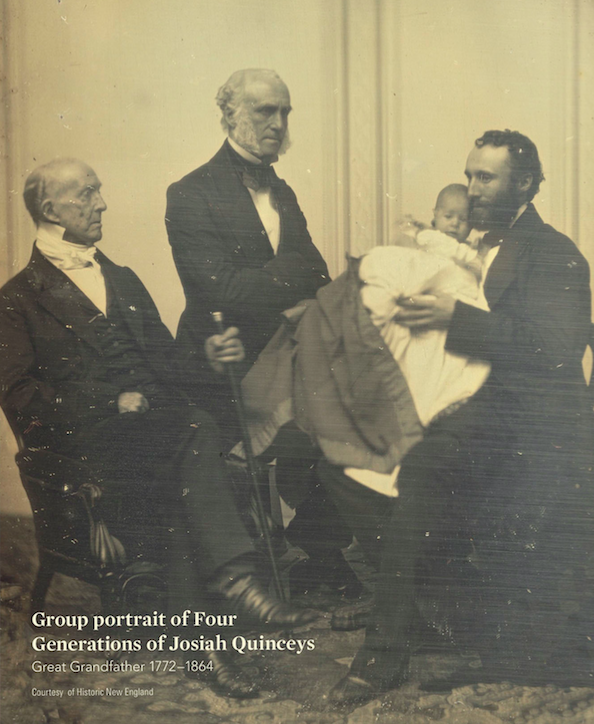 Courtesy of the Museum of the American Revolution/Courtesy of Historic New England
Courtesy of the Museum of the American Revolution/Courtesy of Historic New EnglandJosiah Quincy (1710-1784) served as a colonel during the American Revolution. His son Josiah Quincy II (1744-1775) was a lawyer, whose son Josiah Quincy III (1772-1864) was a member of the U.S. House of Representatives, mayor of Boston and later president of Harvard University. Josiah Quincy Jr., the son of Josiah Quincy III, also served as mayor of Boston.
Photo captions provided by the Museum of the American Revolution, based on information found in "The Last Muster" by Maureen Taylor.